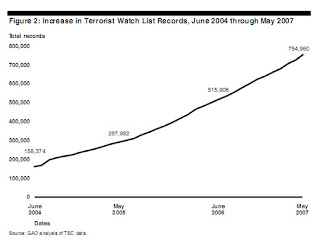In my memory, I'm standing on the Île Saint-Louis, looking at a butcher shop.
But was I ever there? I've provably been in Paris. I've likely been on the Île Saint-Louis. After that I don't know. In my mind's eye I can picture it and picture myself there, but my mind's eye is a notoriously filthy liar. I can remember any number of events that never happened, and I have forgotten many important events that did.
If I was never there, where did this memory come from? It could have been Edmund White, whose evocative novels of his life in Paris have always brought the city to life for me. Reading Declare by Tim Powers brought these memories back, and added wartime paranoia and Nazi intrigue to the mix.
I'll never know for sure whether I've been there before. My previous visits to Paris were before the era of ubiquitous surveillance, GPS cellphone tracking, Google Latitude, Foursquare and ultrazillions of digital photos being taken of absolutely everything at every moment and being pasted online. So even once all of the artificial "privacy" barriers are dropped, once indexing and face recognition systems correlate every sparrow fart since the dawn of the digital age, once every credit-card purchase record is cracked open and something like Vernor Vinge's GreenInc provides a complete personal history of every human, nobody will be able to say with any degree of clarity whether that memory is true or false.
I weep for the children. Their digital trail will never allow them to erase their personal history and start over. No more retrospective virginity restorations. No more he-said, she-said he-did. No more bonfire of the diaries for personal reinvention. Everyone will become a politician denying their words of the day before, followed by an immediate multi-POV video playback with subtitles, location tags, and links to probable original sources shown in the goggles of everyone around them.
On the other hand, I weep with joy for the children. Memory prostheses will make arguments quite different: instead of arguing whose recollection is more accurate, people's agents will automatically debate the relative authoritativeness of the certificate chains and trust authorities of the different sources of evidence. When professionally photoshopped memories, reputation laundering, real-time distributed consensus auctions and whitelisted memory attestation services become common we just won't worry about it anymore. We won't argue about trivia.
Maybe I'll steer clear of the Île Saint-Louis on my next trip and leave the past alone, whether it's mine or borrowed from somebody else. I'll just preserve my own personal mythology a little bit longer.


 Here's a story: China reinvents its nation, and in the process uses new technology to build "Totalitarianism 2.0" à la Orwell. Klein sketches a scary picture, draws disturbing parallels and connections with the U.S. government, and points out some nasty trends in our not-so-free society.
Here's a story: China reinvents its nation, and in the process uses new technology to build "Totalitarianism 2.0" à la Orwell. Klein sketches a scary picture, draws disturbing parallels and connections with the U.S. government, and points out some nasty trends in our not-so-free society.